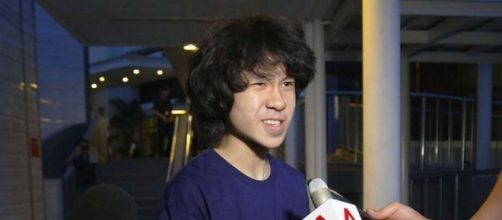Homeland Security had no interest in letting Amos Yee into the United States, much less giving him asylum, but that is just what took place in Chicago on Friday. The story is an instructive look at human minds in action and the difference a good mind makes. The good mind in question belongs to Samuel Cole, an immigration judge, whose 13-page opinion liberates Yee from detention here. Several detentions led to Yee's attempt to move here from Singapore. He was held captive for actions we call free speech, in his case criticism of Muslims and Christians.
Singapore said it was hate speech. Judge Cole said it was free speech and that the US is a free speech country. Human Rights Watch celebrated the decision but the US Department of Homeland Security did not agree. It said Singapore was justified in detaining Yee.
Split Personality
The US has always had a split personality when it comes to free speech. This is why we have courts and allow determinations to be made by hopefully qualified persons. In the case of Yee, who has been a free speech activist during his teen years, Judge Cole determined that he was within his rights to be both a young dissident and a critic of Singapore. That Homeland Security thought otherwise might be seen as heavy-handed but it is its own form of free speech.
In a country as polarized as the US is at the moment, it may be the best part of wisdom to honor the integrity of the judicial process.
Democracy requires an independent judiciary
The most conspicuous sense one gets from such a story is that a judge in an immigration court can stand up to the massive presence of a government agency charged with protecting us all and liberate a teenager who speaks freely. This is the essence of practice in a free country and it is encouraging at a time when democracy itself is on shaky ground.
U.S. Judge Grants Singaporean Blogger's Asylum Request https://t.co/8q3ut0K2UH
— Stephen C. Rose (@stephencrose) March 25, 2017
Threats to democracy
The biggest threat to US democracy is that individuals will simply lose any sense of what democracy is.
A recent Harvard study concluded that as many as half of well-off millennials would not be bothered by a military regime. This might be a counsel to all who are interested in a democratic future. There is some educating to do.

